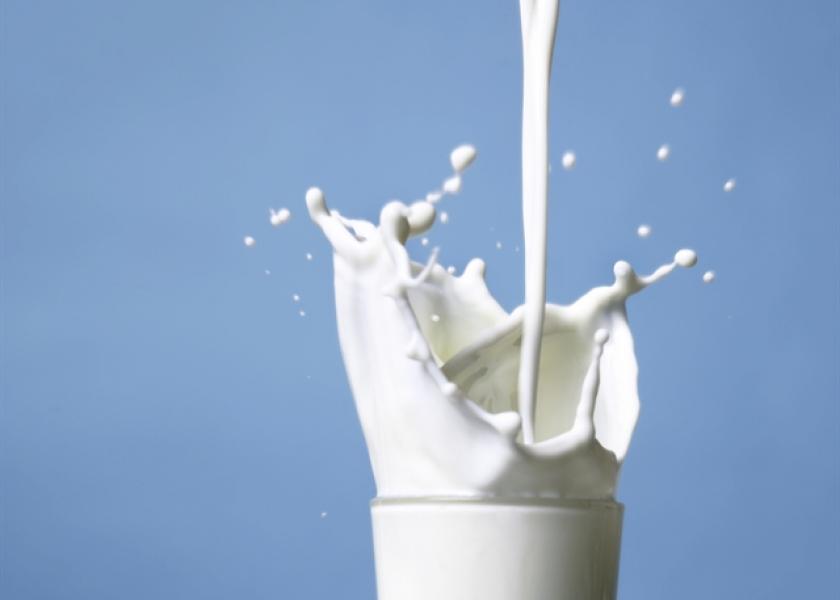Argentina, Holland Offer Subsidies To Manage Milk Supply

At a time when global milk supplies are overflowing and free trade agreements are requiring countries to eliminate or scale back dairy subsidies, some co-ops and countries are implementing creative ways to provide extra money to their dairy producers to keep them competitive and thriving or to encourage them to cut back on production.
“While higher milk production benefits the dairy farm, unplanned and unmanaged growth can be quite challenging for a dairy cooperative. Cooperatives often find themselves in a precarious situation when lower milk prices drive higher production because they must buy all of their members’ milk,” says Sara Dorland, analyst with the Daily Dairy Report and managing partner at Ceres Dairy Risk Management, Seattle. “At the same time, though, they tend to have difficulty processing and finding a good market for the milk in times of oversupply.”
Co-ops generally take one of two approaches to address excessive milk production. “They either carry a stick or offer a carrot on that stick,” says Dorland. Most often quota programs, which are designed to reduce milk flows, fine producers for overproduction.
Paying to not produce
Recently, the Dutch dairy cooperative FrieslandCampina announced a carrot-type program designed to reduce milk production. FrieslandCampina has offered to pay farms €2 per 100 kg of milk to maintain or reduce production levels. In November 2015, milk production in the Netherlands, which like all EU nations is no longer constrained by quota, rose 13.8 percent over November 2014 levels. Year-to-date output through October production in the European Union climbed 1.5 percent compared with the same period the previous year, which is enough growth to offset a 7.5 percent production decline in Oceania.
“The bonus goes to compensate farms, in part, for the lost absorption of fixed costs that additional milk could have provided,” Dorland states. “While this is a relatively new approach to address overproduction, given current conditions, it will be interesting to see how effective the program is at slowing milk off the farm.”
Paying to produce more
A half world away, Argentine President Mauricio Macri recently met with the nation’s dairy leaders to sign a new commitment to support Argentine dairy producers and promote the dairy industry there.
“The agreement includes provisions for direct payments to farms in addition to access to lower cost loans for struggling dairy operations—all with a keen eye toward increasing Argentina’s dairy exports over the near term,” says Dorland. Specifically, the deal includes a 40-peso per liter of milk subsidy for the first 3,000 liters of milk produced each day during the first-half of 2016. That is equivalent to a 33 percent increase in pay of 36,000 pesos ($2,430) per producer, she adds.
“At a time when world milk powder coffers are bursting, new subsidies to dairy producers suggests there is no end in sight for current trends,” says Dorland. “While welcome news for Argentina’s dairy industry, the move likely will ring discord for dairy producers in the United States, Australia, and New Zealand.”







